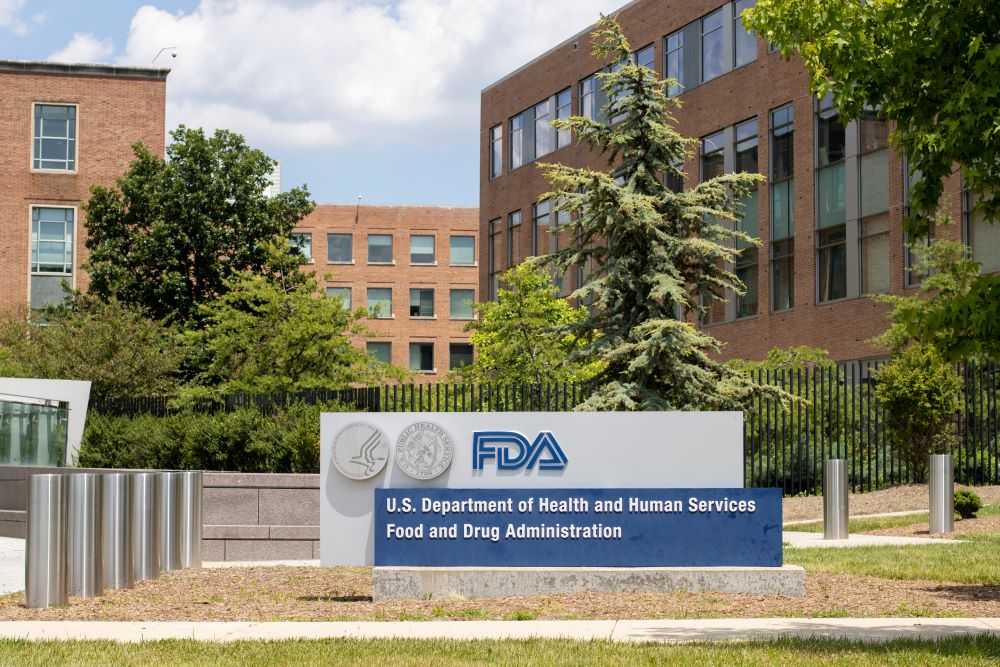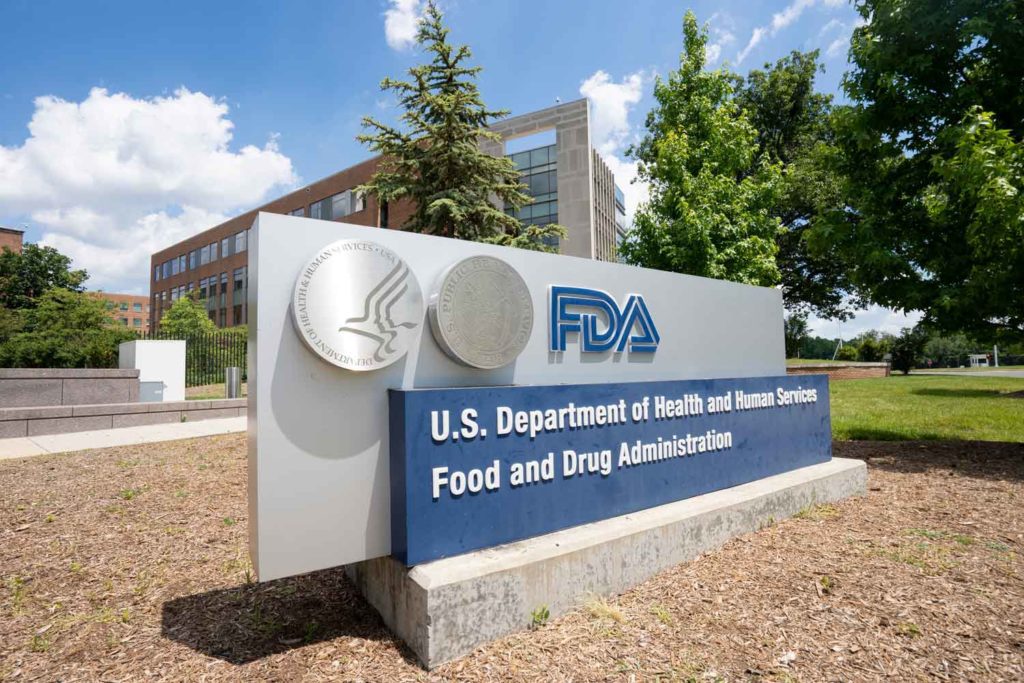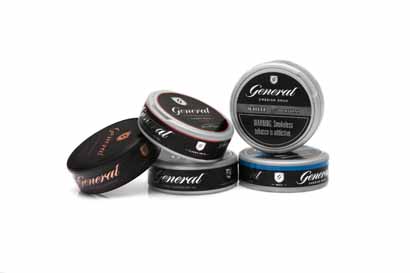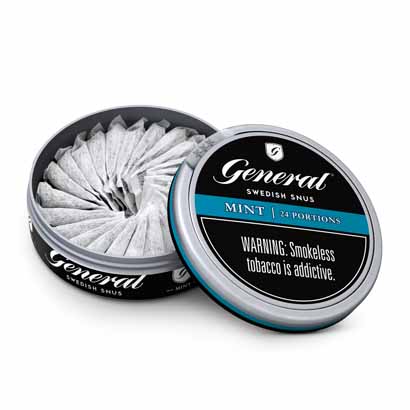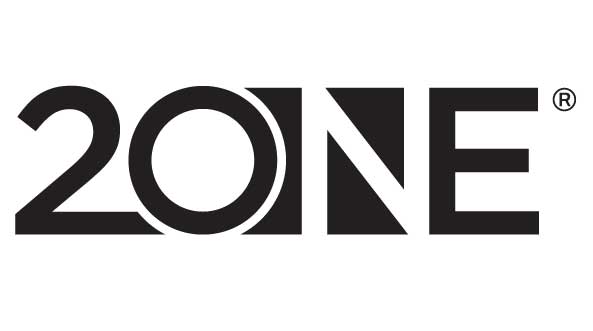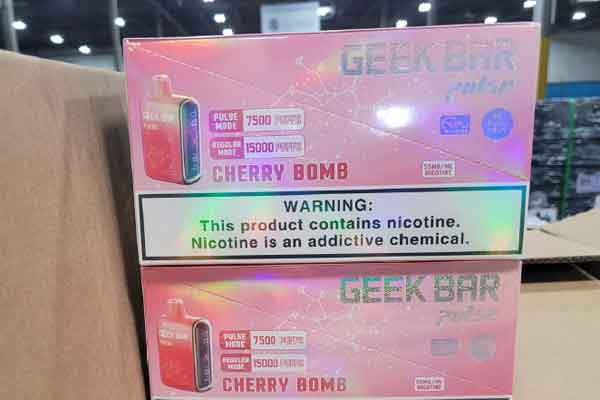Last week the U.S. Senate confirmed former Johns Hopkins surgeon and professor Dr. Marty Makary to lead the U.S. Food and Drug Administration by a 56-44 vote. During his confirmation hearing, Makary said his goals for the agency were “more cures and meaningful treatments for Americans,” and offered several insights as to how he would achieve those goals throughout the hearing.
In the past, Makary has been critical of the FDA, in 2021 calling for “fresh leadership at the FDA to change the culture at the agency and promote scientific advancement, not hinder it.” Reporting to Health and Human Services Secretary Robert F. Kennedy Jr., Makary’s leadership of the FDA also includes its Center for Tobacco Products (CTP). However, it’s not yet clear how he will approach CTP’s looming issues of reviewing premarket tobacco product applications (PMTAs), the illicit vape market, and other tobacco-related issues.
Much of the confirmation hearing centered around past problems, including those with Covid-19 vaccines, the pharmaceutical industry, and various other issues that have often gained headlines of late, but he did not commit to specifics in that venue.
“I have no preconceived plans on mifepristone policy except to take a hard look at the data and to meet with the professional career scientists at the FDA who have reviewed the data,” he said at his hearing. “We now have a generational opportunity in American healthcare. President Trump and Secretary Kennedy’s focus on healthy foods has galvanized a grassroots movement in America. Childhood obesity is not a willpower problem, and the rise of early-onset Alzheimer’s is not a genetic cause. We should be, and we will, be addressing food as it impacts our health.”
When asked about the backlog of cases the FDA has across all departments, Makary did not rule out leveraging artificial intelligence and making other regulatory changes to streamline the drug review process. He suggested FDA reviewers could use AI “to help reviewers in the review process—not to replace human reviews, but to improve efficiency.”
National Association of Tobacco Outlets (NATO) Executive Director David Spross told CSP on Friday that “NATO looks forward to working with Dr. Makary and the team at FDA on tobacco and nicotine product regulatory issues, including for the FDA is to support tobacco harm reduction policies by authorizing more PMTA vapor and nicotine pouch product applications that provide adult smokers with more choices.”
Spross added that there is a “need for more transparency from the agency by providing retailers more information on illicit products, specifically in the vapor and nicotine pouch categories.”
Makary is a surgical oncologist and health policy researcher who has spent more than 20 years at Johns Hopkins.
“I am pleased to congratulate Dr. Makary on his new role as FDA commissioner,” said Johns Hopkins University President Ron Daniels. “We are fortunate to have one of our senior faculty members at the School of Medicine undertake this critical service to the nation.
“An accomplished clinician and widely published health policy researcher, Dr. Makary has had a storied career at Johns Hopkins that reflects the research and clinical acumen and openness to different ideas and approaches undergirded by academic freedom that are the hallmark of our great institution,” said Daniels.
Makary founded the Johns Hopkins Center for Surgical Trials and Outcomes Research and co-developed a surgical safety checklist used in operating rooms worldwide. He is a member of the National Academy of Medicine and has published more than 300 peer-reviewed articles and three New York Times bestselling books on healthcare.
Senate also confirmed Jay Bhattacharya as the new director of the National Institutes on Health.


